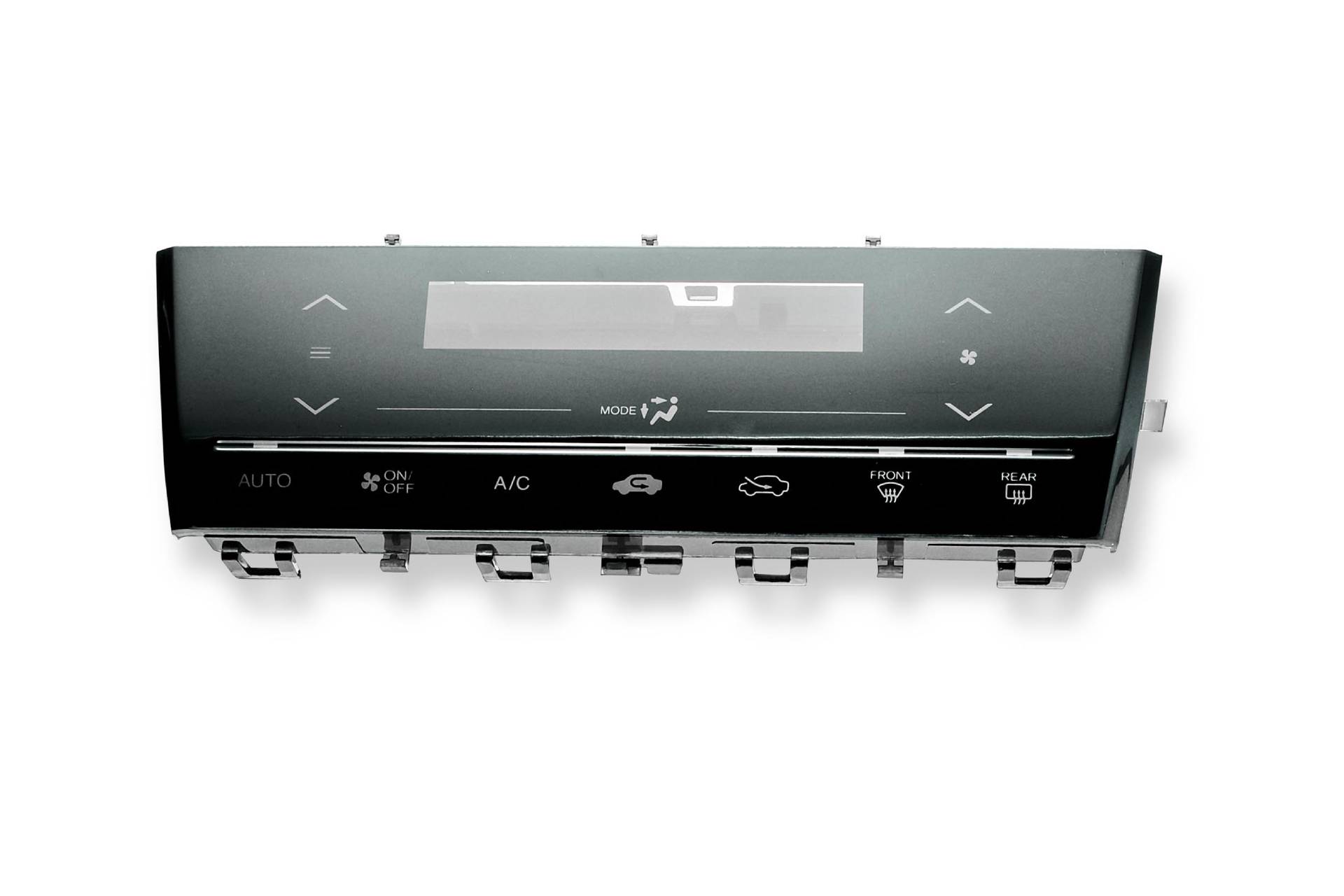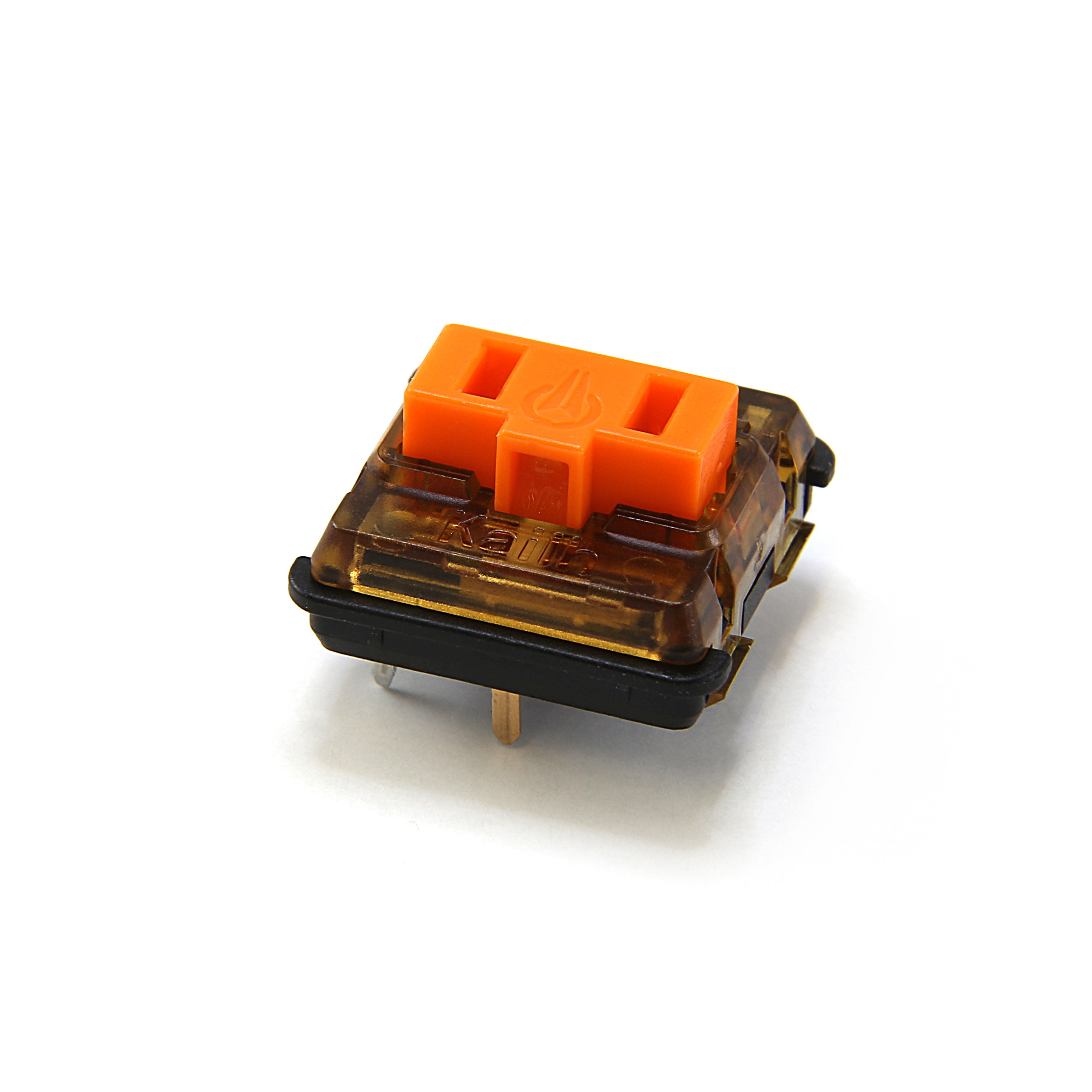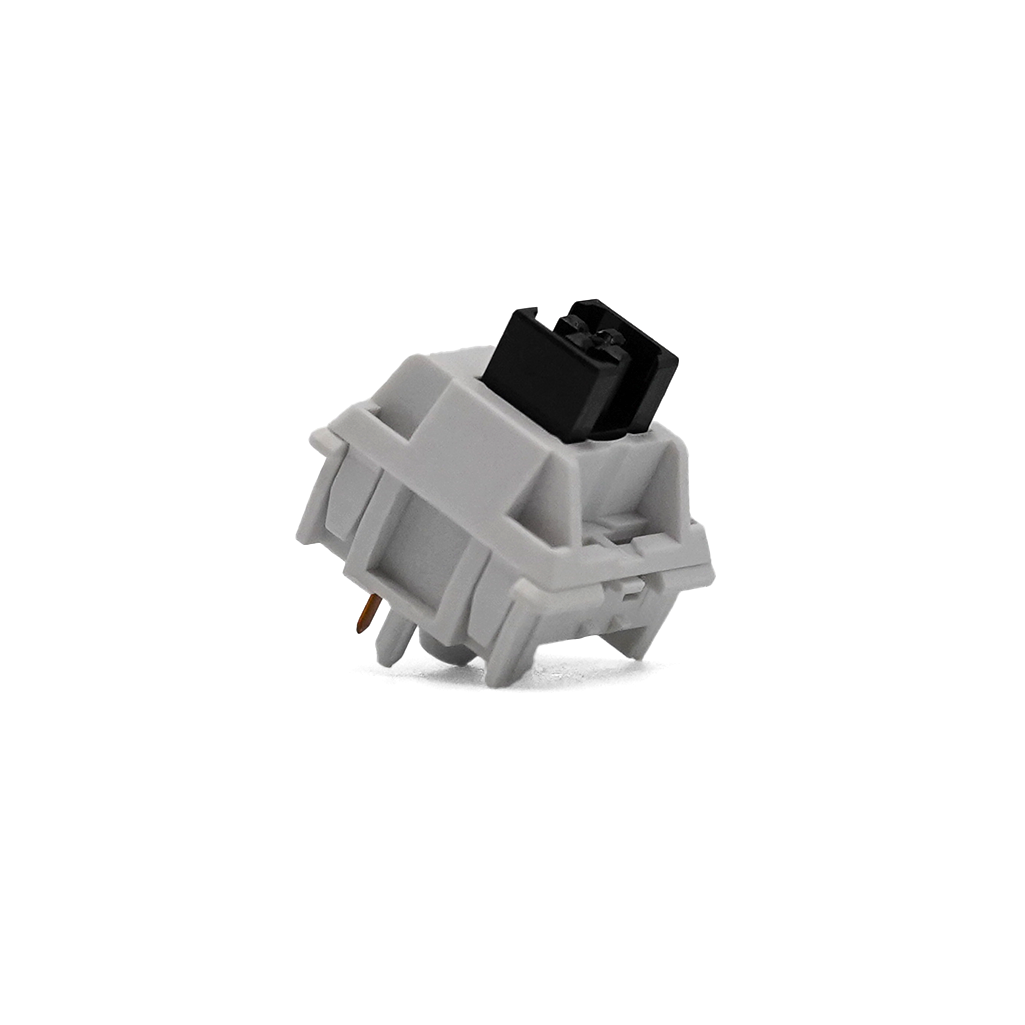Get the perfect balance between linear and tactile switches in your keyboard.
Discover the Versatile Use Tactile Switches Over in Modern Electronics
Tactile switches, essential to both everyday gadgets and intricate equipment, function as an essential user interface in between individuals and devices. Their design guarantees a rewarding click, validating an action that may otherwise go undetected in a digital world lacking physical feedback. As industries remain to evolve, the role of these buttons increases, adjusting to new innovations and boosting individual experiences in ways formerly unimagined. The inquiry stays: exactly how will future innovations better integrate responsive responses right into our digital communications?

Exploring the Function of Tactile Changes in Consumer Electronic Devices

The style and positioning of responsive buttons can substantially impact a device's comfort designs and visual appeal. Advancements in products and technology proceed to boost the reliability and feature of responsive buttons, ensuring they meet consumer expectations for responsiveness and long life in daily usage.

Responsive Buttons in Industrial Applications: Enhancing Operational Effectiveness
Moving emphasis to industrial settings, tactile switches significantly boost operational effectiveness by providing precise control and feedback in machinery and control panels (tactile switches). These switches are integral in applications varying from production line to hefty equipment, where reliability and the clear physical experience of activation are extremely important. Their distinct tactile feedback makes certain drivers are immediately knowledgeable about whether an input has been registered, minimizing errors over here and minimizing downtime
In addition, responsive buttons are made to stand up to severe atmospheres, consisting of exposure to dust, vibrations, and varying temperatures, making them suitable for commercial usage. Their toughness translates right into reduced maintenance costs and longer life span for the devices they are incorporated into. Additionally, the compact dimension of tactile buttons enables more ergonomic designs of control board, which can enhance operator comfort and efficiency during lengthy shifts. On the whole, the adoption of tactile buttons in industrial applications represents a tiny modification that leads to significant enhancements in efficiency and functional integrity.
The Future of Tactile Changes in Automotive Technology

Looking forward, the development of tactile switches in vehicle modern technology appears positioned for assimilation with haptic feedback systems, providing not only a physical feedback but additionally varying strengths and patterns of responses that can share even more details. This might suggest a reduction in traditional button user interfaces for even more nuanced, multifunctional control remedies. In addition, as vehicles come to be extra connected and self-governing, tactile buttons are anticipated to play an essential duty in bridging the gap between electronic interfaces and the physical touchpoints in vehicles, boosting the total individual experience and security.
Verdict
In conclusion, tactile buttons are important in modern-day electronic devices, perfectly incorporating into you can look here numerous domains to enhance customer communication and operational performance. From consumer electronic devices to industrial equipment and vehicle technologies, their function is critical in ensuring individual comfort, safety and security, and system responsiveness - tactile switches. As innovation advances, the functionality and application of responsive buttons are readied to increase, even more strengthening their value in bridging the space in between users and electronic interfaces